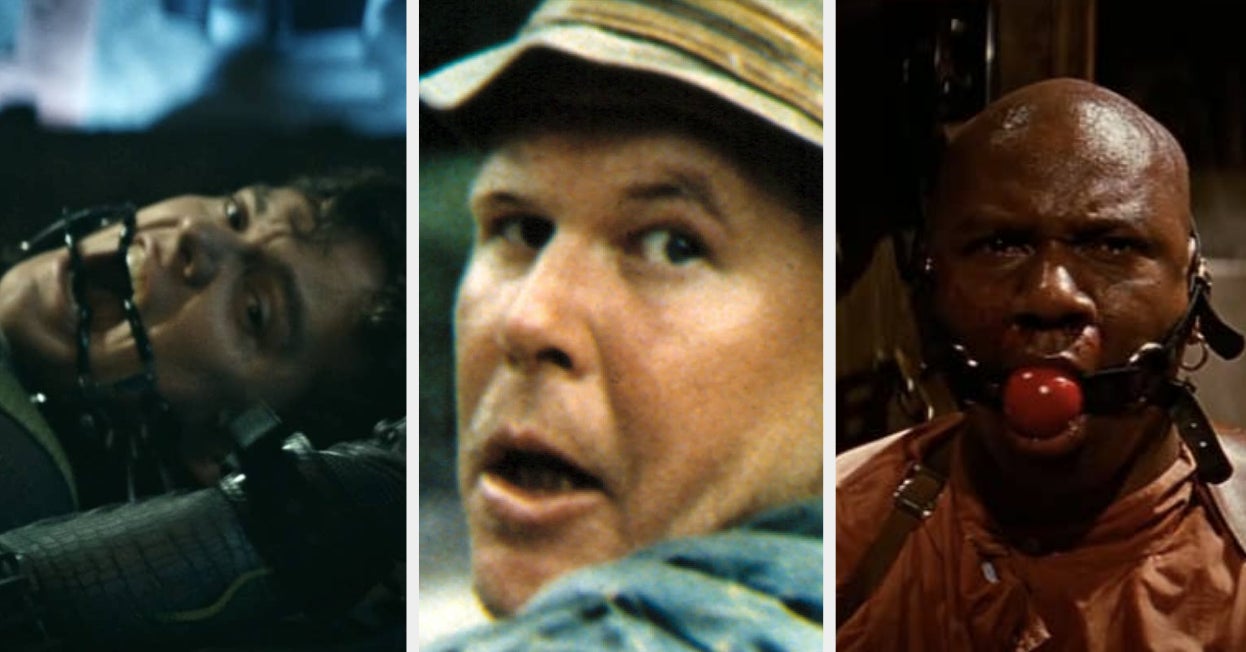“Well, that’s a dark way to look at it!” he said. “We view it as hilarious.”
“In the comics, there’s a great storyline where Hughie goes undercover disguised as a superhero,” Kripke added. “That was a story that Jack had always asked us to do. So part of it is, always be careful what you ask the writers for. Then we finally had this Webweaver character, and the idea of Spider-Man going down to be kink-tickled in the Batcave is just too good to pass up. I’m sorry, I just couldn’t leave that on the table.”
Elsewhere in the interview, Kripke said: “I love that it’s just such a perfect setup that he doesn’t know his own safe word. It’s just like a beautiful comedy setup that he’s trying to find it the whole time.”
And in a behind-the-scenes feature, Inside The Boys, Kripke is seen praising Colby Minifie, who plays Ashley, for her “world-class comedic performance” in the scene.
Needless to say, Kripke’s approach to such a sensitive subject matter in his show horrified viewers, but the troubling reality is that this is far from the first time that male sexual assault has been trivialized onscreen — arguably impacting how it is viewed by society as a whole.
In fact, way back in 1997, men’s health activist and writer Michael Scarce argued in his book, Male on Male Rape: The Hidden Toll of Stigma and Shame, that the mere idea of male rape is so taboo that when it is represented in cinema, it turns into somewhat of a spectacle that is utilized to give the audience a cheap shock at no great expense to the wider narrative.
Alternatively, it is presented as an expected consequence of a male character’s bad behavior, which is primarily seen in the common onscreen trope of prison rape.
